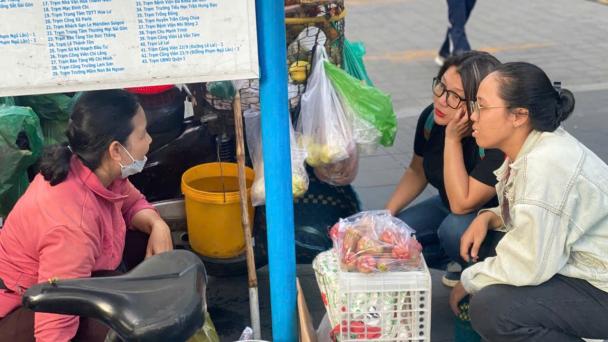When Climate Speaks English


On 12 September, 2023 NatCen International and Shabaka held the first event in a three-part series on the current crisis in Sudan. The speakers for the event were Bashair Ahmed, CEO of Shabaka and Faith Kasina, regional spokesperson for UNHCR in the East and Horn of Africa and Great Lakes region. The event was chaired by Sherine El Taraboulsi–McCarthy, Director of NatCen International.
The current crisis in Sudan has displaced 5 million people, with 4 million people being displaced in Sudan and 1 million people being displaced into neighbouring countries including Chad, Egypt, Ethiopia, and South Sudan. Sudan was also a host country for third country nationals, including 100,000 Syrians and 1.5 million South Sudanese people who are now also experiencing displacement. Food insecurity levels in Sudan are currently classed at IPC 3 or 4, with IPC level 5 indicating famine. Over 24 million people now need humanitarian assistance due to the crisis.
The focus of this event was the impact and implications of the Sudan crisis for neighboring countries and the region at large. Key insights from the event include the following:
Information on the remaining two events in this series will be made available shortly.
Follow us on Twitter @Natcen_Int and @Shabaka_org to keep up to date.
Sherine is the Director of NatCen International where she leads a team of senior experts and researchers dedicated to shaping global social policy and practice. She is widely acknowledged as an expert in humanitarian and development policy, conflict, security and evidence uptake with a focus on the UK, Africa and the Middle East. Sherine has two decades of experience in leading and delivering on complex research projects and consortia as well as providing policy advice at a senior level to governments, donors and civil society organizations on their engagement in fragile and conflict-affected contexts.
Prior to establishing NatCen International, Sherine was a Senior Research Fellow at ODI where she launched and co-led a cross-institutional initiative on peace and sustainability in the Mediterranean region. Earlier in her career, she set up a research unit on regional philanthropy and civic engagement at the American University in Cairo. Sherine has held fellowships at Keble College at the University of Oxford, the Department of Asia, Africa and the Mediterranean at the University of Naples ‘L’Orientale’ and the King Faisal Centre for Research and Islamic Studies in Saudi Arabia. She has also been a guest lecturer at the Royal United Services Institute (RUSI) and Cranfield University in England as well as the Doha Institute for Graduate Studies in Qatar. Her work can be found in the International Review of the Red Cross, the Oxford Handbook of the Sociology of the Middle East, Development in Practice as well as book chapters in edited volumes with Palgrave Macmillan and James Currey. Sherine sits on the Board of Trustees of Protection Approaches, a UK charity dedicated to combatting identity-based violence in the UK and globally.
Sherine holds a DPhil from the Department of International Development and St. Cross College at the University of Oxford.



Receive a regular update, sent directly to your inbox, with a summary of our current events, research, blogs and comment.
Subscribe